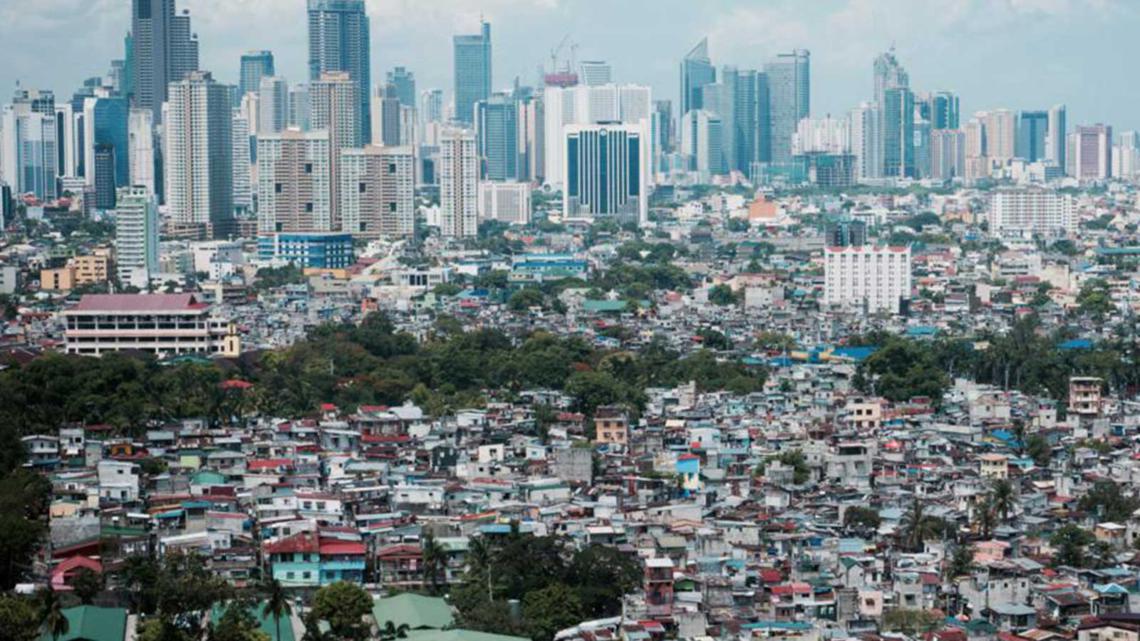News from WBCSD and its member companies
Danone and IDB announce strategic partnership
Earlier this month, Danone signed a memorandum of understanding with the Inter-American Development Bank, Livelihoods Funds and the Danone Ecosystem Fund to boost economic growth, empower local communities and protect the environment. With a 2020 horizon, the partnership aims at fostering sustainable agriculture, supporting inclusive recycling, increasing clean water access, protecting watersheds and driving Co2 reduction.
CECODES launches decision making tool for developing inclusive business
CECODES – WBCSD’s Global Network partner in Colombia – has been one of the earliest and most prominent local and regional inclusive business promoters in Latin America. Last month, CECODES launched a new decision-making tool (available in Spanish only) with a focus on the “inclusive territorial development” approach, a method of developing broad based collaboration among companies, communities and public institutions interested in the sustainable development of specific regions or localities.
Reaching scale in access to energy
What can be learned from the early successes of solar lanterns distributors? Will Pay-as-you-Go be the 'silver bullet' of solar home systems? Is there a commercially sustainable model for clean energy microgrids? Why are improved cook stoves not scaling as fast as solar lanterns? What is the business potential for solar irrigation pumps? This new report by Hystra surveys the energy access landscape, focusing on opportunities to scale, drawing lessons from the in-depth analysis of 26 pioneer practitioners. The work was supported by the Asian Development Bank, the Inclusive Business Action Network, responsAbility Investments AG, Schneider Electric, the Swiss Agency for Development and Cooperation, TOTAL, and the U.S. Agency for International Development.
News from around the world
The call is still open: Innovations Against Poverty (until 24 July 2017)
Innovations Against Poverty (IAP) is a specialized fund developed to identify and support innovative Inclusive Business ideas that deliver both commercial benefits for the private sector and developmental benefits for low income people. IAP offers advisory support and non-reimbursable funding of up to EUR 200.000 to selected companies (of any size and origin) for inclusive business initiatives. Applications can be submitted for the following target sectors: agriculture and food, energy, water, sanitation and hygiene (WASH), and ICT; and the following target countries: Cambodia, Ethiopia, Uganda or Zambia.
The challenge of marketing sanitation
In an article on Ethical Corporation, Scott Roy and W. Roy Whitten stress the importance of customer engagement when marketing sanitation to the BoP and provide some key elements to consider: employ a problem-led selling approach; use 'below the line' marketing; see endorsement from local opinion leaders; mix group events and door-to-door selling; reduce reliance on microfinance.
Tools & Reports
Inclusive business in Kenya
This publication is the first in a series of three produced by Business Call to Action to highlight the efforts of its members and other inclusive businesses in Kenya, the Philippines and Colombia, focusing on both the opportunities and challenges of inclusive business. It aims to encourage companies’ engagement in inclusive business and contribution to the Sustainable Development Goals by offering examples of successful and emerging approaches, and indicating how governments and other stakeholders can support their establishment and scaling up.
The digitization of sanitation
In 2016 the Toilet Board Coalition – a global, business-led coalition of companies, government agencies, sanitation experts and non-profit organizations - explored the potential of mobile and digital applications to drive efficiencies and consumer demand in sanitation for the BoP. The resulting thought piece presents five key findings, as well as the business case for large and small businesses to capture the promising business opportunities and create value for low-income sanitation consumers.
Harnessing the SDGs to strengthen smallholder supply chains: A guide for business
This short business guide explains what the Sustainable Development Goals (SDGs) are, how they link to smallholder sourcing programs and ways for a company to contribute to their achievement. The guide also sets out practical steps to start the process of operationalizing the SDGs, building on existing practices and sustainability work that field based teams are already engaged in.
Workshops & Trainings
Executive education: Co-creating a fortune with the base of the pyramid, (2 to 6 October 2017, Ann Arbor, US)
Ted London and Stuart Hart are unquestionably two of the world’s top authorities in the inclusive business space. In a new, ground-breaking executive education program, they aim to share their knowledge from decades of research and professional experience helping companies building sustainable, scalable inclusive businesses. Aspiring enterprise leaders will come away ready to succeed in the unique, opportunity-rich base of the pyramid markets. The five-day program includes live simulations, case studies, team exercises, development of personalized action plans, cross-industry and cross-functional networking, social events and much more.
Executive education program on inclusive business
Ashoka, HEC Paris, and Hystra offer training on inclusive business and value to prepare corporate executives in charge of designing, launching or scaling inclusive business projects. Its format is based on experiential learning and immersion, cutting-edge academic content, insights from pioneers in the field and peer-to-peer learning, condensed into an intensive 4-6 day session. In 2017, they sessions will take place in Johannesburg, South Africa on 22-27 May, and in Calais, France on 3-6 October.
Thank you for your ongoing interest and participation in our work.
Davide Fiedler
Manager, Social Impact
World Business Council for Sustainable Development (WBCSD)
fiedler@wbcsd.org


